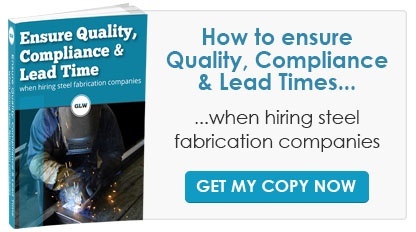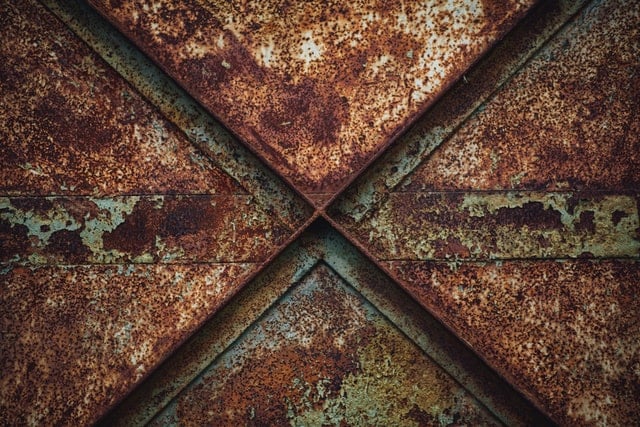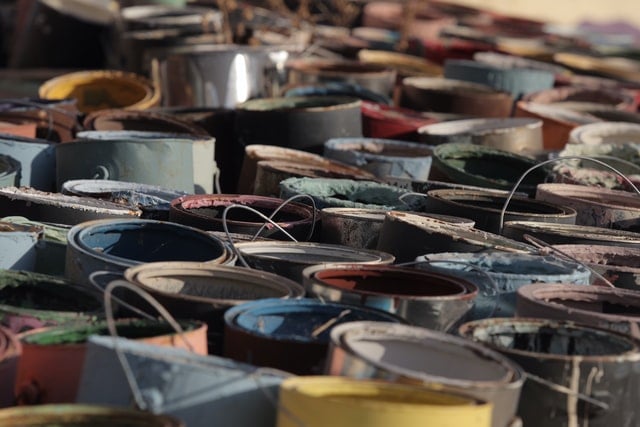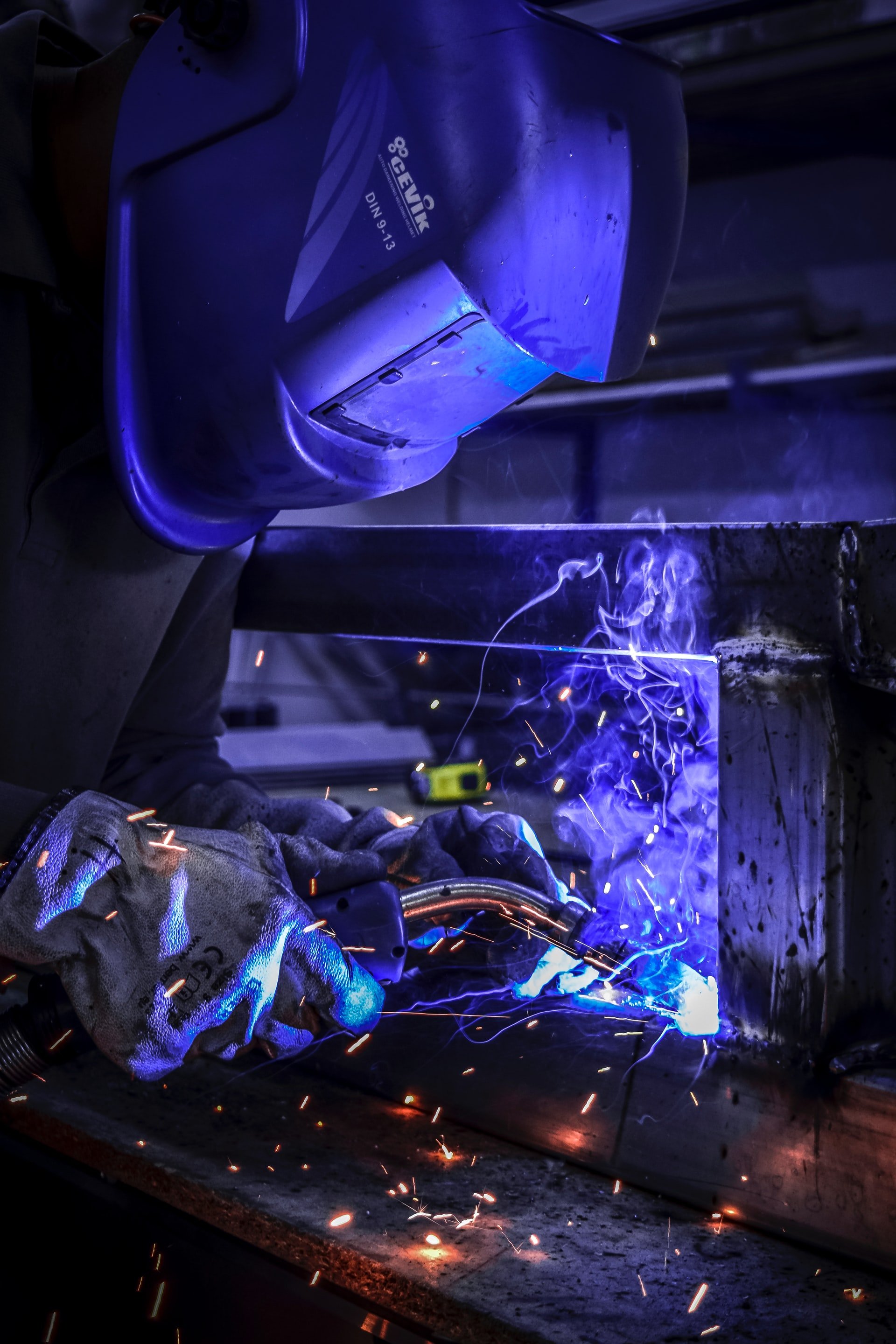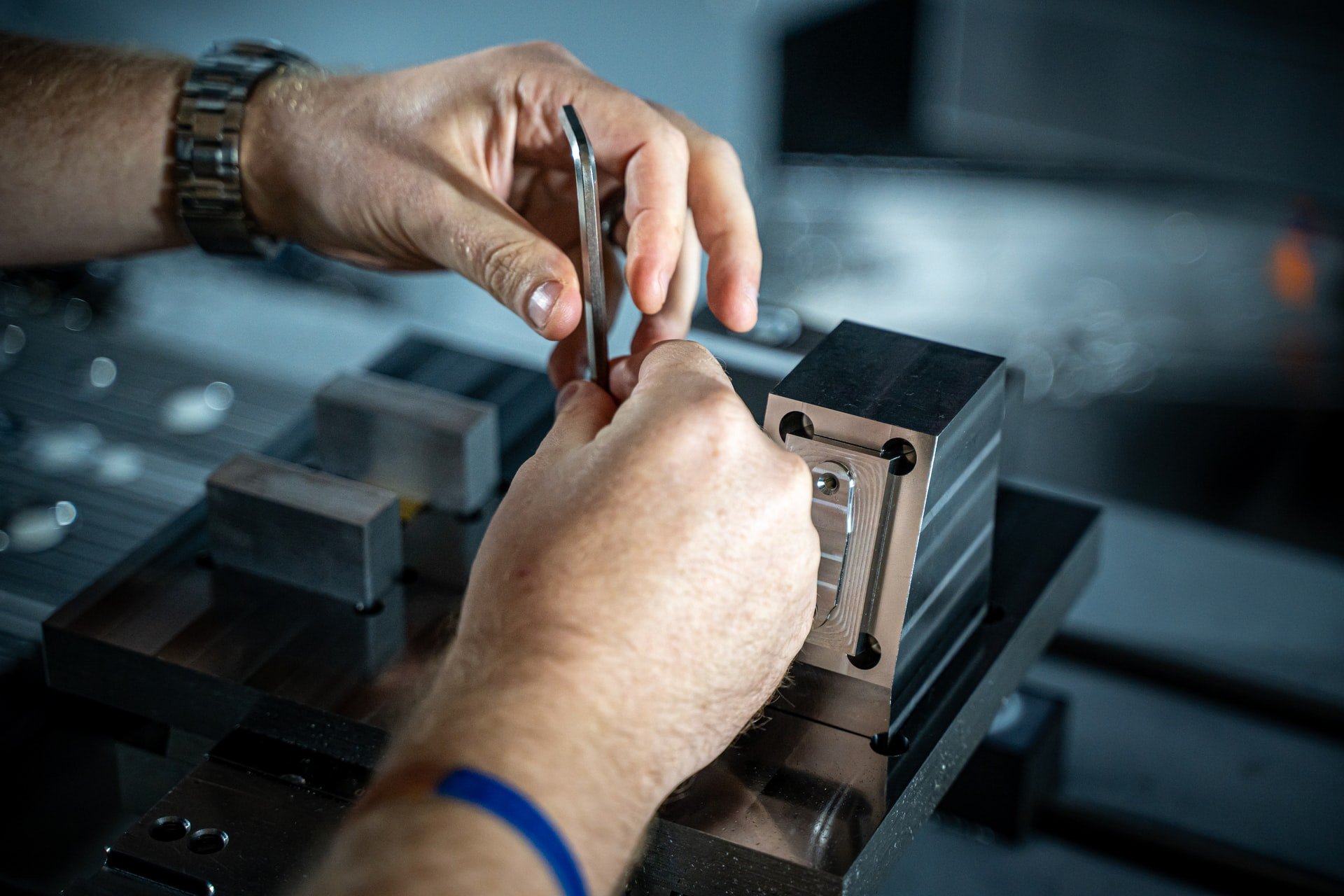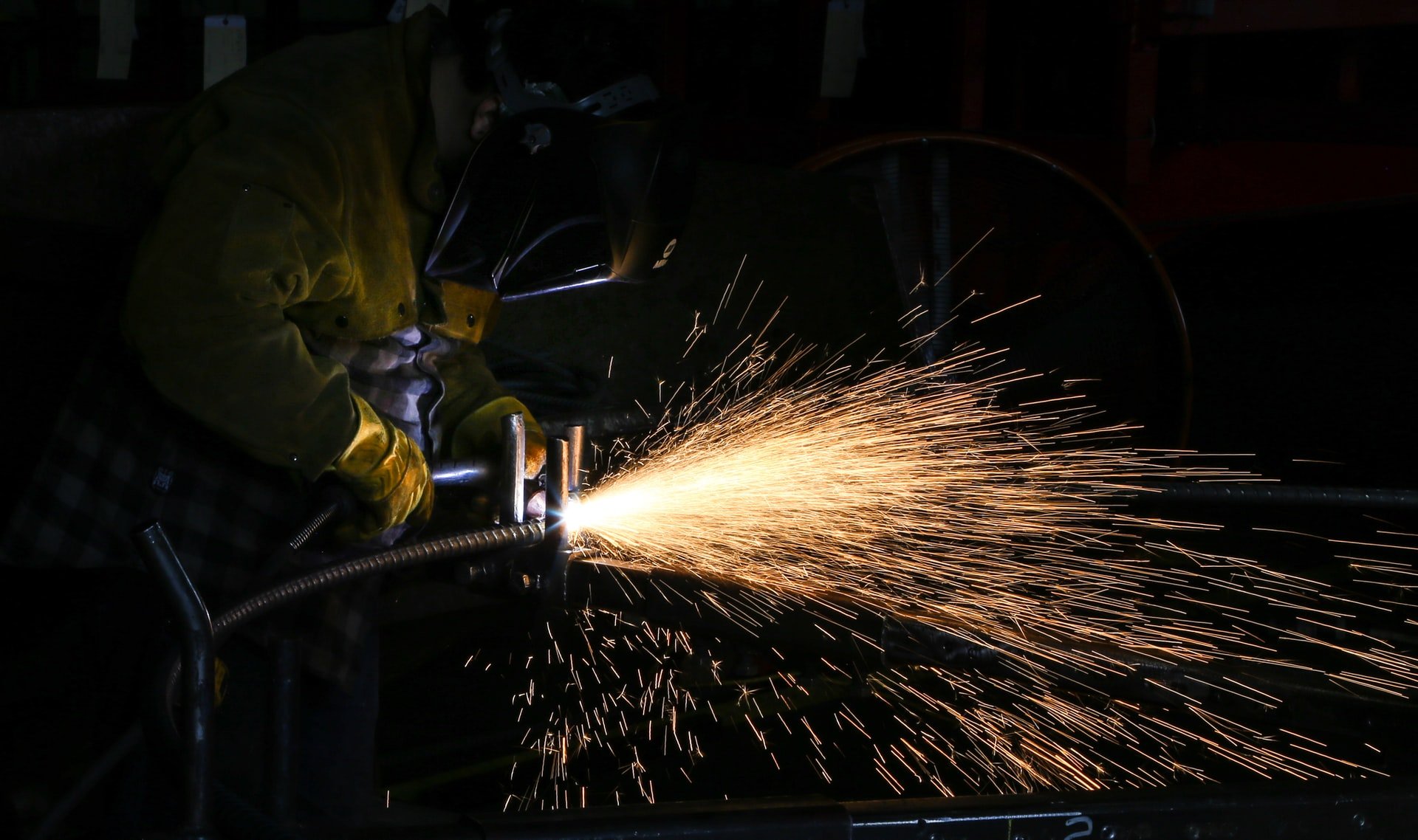
Before you commission work with a steel fabrication company – in fact before you even discuss prices – there are some important questions you should ask. These questions affect the quality and value of the end product, so seek out comprehensive and honest answers from every company you approach. With a local company, arrange a face-to-face meeting if possible, as it is often useful to see a company’s premises and meet the people who will be carrying out your work. If this isn’t possible, at the very least chat to someone over the phone, rather than just relying on email.
There are many different questions you could ask, based on your product requirements. However, these are the four we think are most critical:
1) Are You CE Certified?
If a structural steel component is CE marked, it demonstrates compliance with a range of EU safety and quality standards; specifically that it meets the requirements of the European Construction Products Regulation (CPR).
Not all steel fabrication companies are CE mark compliant. CE marking is not mandatory for purely architectural steel components, so some companies that specialise in balustrades, cycle railings, and benches may not need to use CE marks at all.
However, CPR compliance, and the resulting CE mark, are legal requirements for the vast majority of structural steel fabrications. According to the CPR, any steel component that is intended for permanent incorporation into a building or civil engineering project, and has a structural effect on the building, MUST meet CE mark standards.
Therefore, before you begin, make sure the company has the relevant knowledge and expertise to create compliant structural steel fabrications for you. Don’t take it for granted that every company is up to the job.
2) Do You Use Dip-Galvanisation Or Hot-Zinc Spray Coating?
All structural steel components come with a zinc alloy coating to protect them against rust, weather damage and basic corrosion. The most common means of achieving this is dip galvanisation, whereby a bare steel component is physically dipped in a vat of molten zinc. This may be the industry standard but it is not your only option. Some fabrication companies, ourselves included, prefer hot zinc spraying. Our reasons are that galvanisation is expensive and requires a lot of specialist equipment. Most fabricators don’t galvanise steel themselves: they sub contract this out to a specialist company.
As the end-user, this increases both your costs and your lead time, as your project fees have to accommodate travel to and from a subcontractor’s location, as well as the fees charged by the third party. As spray coating requires only minimal space and equipment, it is more practical for fabrication businesses to do this in-house. Also, in our experience galvanisation treatment sometimes warps a component because of the high temperatures involved. It also has the potential to change the weight and balance of the component, and the coating itself is prone to dripping. Spray coating comes with none of these drawbacks. There is nothing inherently wrong with dip galvanisation, but chat with your fabricator about the method they use and their reasons for doing so.
3) Do you Apply Any Finishing Sprays, e.g. Anti-Corrosive Finishing?
Apart from hot zinc spray/galvanisation, does your fabricator apply any other anti-corrosive finishes to extend the life of their components? Depending on your project, structural steel components may benefit from two types of additional coating:
- Anti-corrosion coatings: ‘Decorative’ powders and spray treatments used to protect a component from surface rust – commonly used on outdoor steel components.
- Engineering coatings: These coatings provide protection against wear and tear, water and heat damage, preserving the structural integrity of your components and maintaining their strength.
When solely treated with hot dip galvanisation, a component will need maintenance to address the effects of corrosion within 5 to 10 years, depending on the thickness of the coating and the type of steel. If sealed, or ‘finished’ with an additional zinc spray, this cycle can be extended from 10 up to 20 years. Even greater and longer lasting corrosion protection can come from aluminium spray treatment conforming to ISO 2063, which can give a component effective protection for over 20 years.
4) What Anti-Contamination Steps Do You Take Prior To Coating/Finishing?
Surface contamination can seriously affect the quality of galvanisation and spray treatments. These contaminants include grease, dirt and silicon particles (commonly used in industrial lubricants). It is easy to recognise a steel component that has not been adequately decontaminated. Galvanisation may be patchy, as silicon contaminants prevent the molten zinc adequately covering the base metal. Or the surface may be pitted with small craters, known in the industry as fish eyes. This will reduce the life of the coating and expose the component to corrosion more quickly.
Shot blasting the bare steel prior to coating is the most common way of removing contaminants, but will not always remove silicon particles, or get rid of ‘mill scale’ - a microscopic dust created when low quality steel is manufactured. Furthermore, attempting to shot blast a greasy surface could cause further damage, resulting in an inferior finish.
Depending on the environment, additional processes may be needed, such as acid pickling or a powder pre-treatment before galvanisation.
It is remarkably easy to contaminate a steel component. Grease particles, for instance, can be transferred onto the metal from food, hand cream, WD-40, ink, weld slag and tape.
To reduce the risk of contamination, a fabrication company should:
- Take precautions to ensure a sanitary environment in their workshop.
- Use a variety of cleaning procedures to remove different contaminants.
- Use high quality steel for all their components - which will remove the risk of mill scale.
Ensure Quality, Compliance & Lead Time When Hiring Steel Fabrication Companies
More useful advice about getting the best value on your steel components can be found in our free e-book: How To Ensure Quality, Compliance & Lead Time When Hiring Steel Fabrication Companies. Click here to download your copy.

